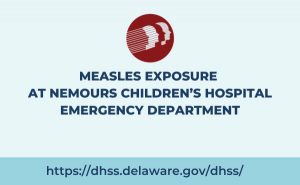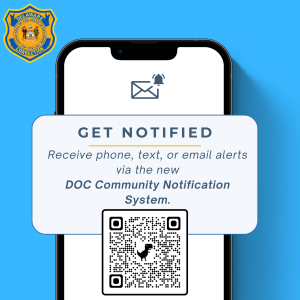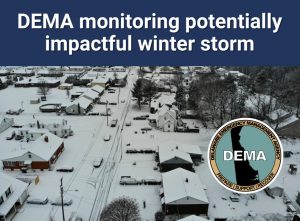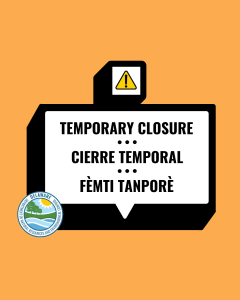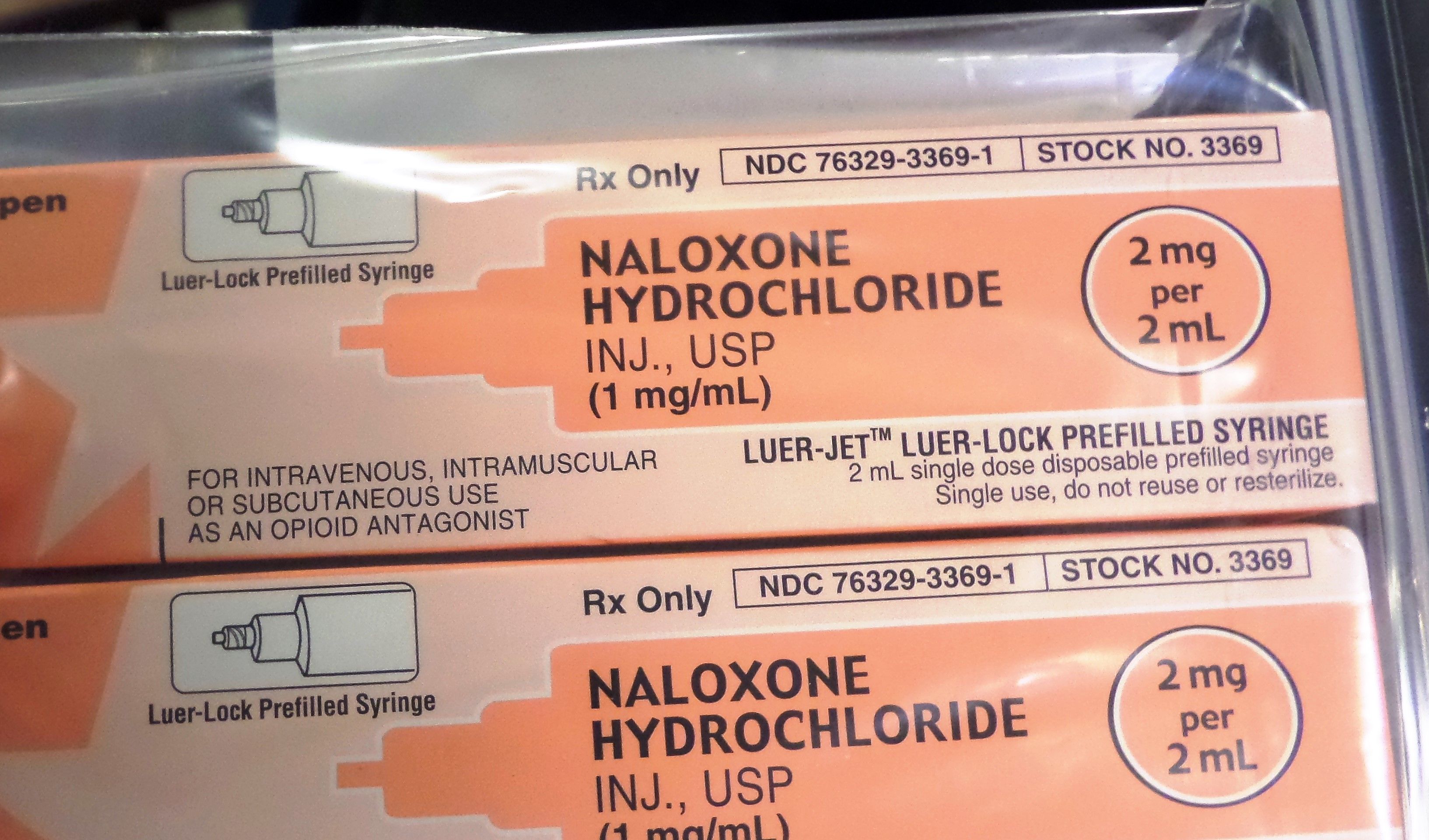
NEW CASTLE (April 10, 2018) – In the wake of a dozen overdoses in Camden, N.J., including four that were fatal on Friday, Department of Health and Social Services (DHSS) Secretary Dr. Kara Odom Walker is urging people in active substance use in Delaware to be aware of the increased possibility that heroin could be laced with fatal amounts of fentanyl.
“Because of I-95, we know it’s easy for heroin and other illicit drugs to flow to Delaware from New Jersey, Pennsylvania, Maryland and other states,” said Secretary Walker, a board-certified family physician. “If you are in active use, we urge you to seek treatment immediately. If you continue to use substances, have the overdose-reversing medication naloxone with you because the risk for death is increased. Our first priority is to reduce harm and save lives.”
Camden County (N.J.) Police said at least a dozen people overdosed during a short period Friday from heroin laced with fentanyl, a synthetic painkiller that is up to 50 times more potent than heroin. Four of those people died, police said.
In Delaware, there have been 71 deaths from suspected overdoses through April 9 of this year, including six from Friday, April 6, through Monday, April 9, according to preliminary reports from the Department of Safety and Homeland Security’s Division of Forensic Science. Of the 71 total deaths for 2018, 50 have been in New Castle County, 15 in Sussex County and six in Kent County, The youngest person who died was 19; the oldest 74.
Elizabeth Romero, director of DHSS’ Division of Substance Abuse and Mental Health, encouraged individuals in active substance use in Delaware to see a medical provider immediately or call DHSS’ 24/7 Crisis Services Hotline to be connected to trained crisis professionals who can discuss treatment options. In New Castle County, the number is 1-800-652-2929. In Kent and Sussex counties, the number is 1-800-345-6785. Individuals and families also can visit DHSS’ website, www.HelpIsHereDE.com, for addiction treatment and recovery services in Delaware or nearby states.
If individuals see someone overdosing, they should call 911. Under Delaware’s 911/Good Samaritan Law, people who call 911 to report an overdose and the person in medical distress cannot be arrested for low-level drug crimes.
If a user has ingested fentanyl or a drug laced with fentanyl, time is critical because the powerful opioid quickly affects the central nervous system and the brain. Users often have trouble breathing or can stop breathing as the drug sedates them. If someone is too drowsy to answer questions, is having difficulty breathing, or appears to be so asleep they cannot be awakened, call 911 immediately.
Naloxone, the overdose-reversing medication carried in Delaware by community members, paramedics and some police officers, can be administered in overdoses involving fentanyl. Because fentanyl is more potent than heroin or opioid painkillers, multiple doses of naloxone may be needed to reverse an overdose. In 2017, Delaware paramedics and police officers administered naloxone 2,714 times in suspected overdose situations to a total of 1,906 patients.
Overdose deaths continue to increase in Delaware. In 2017, 345 people died from overdoses, up 12 percent from the 308 people who died in 2016, according to statistics from the Division of Forensic Science.
-30-
The Department of Health and Social Services is committed to improving the quality of life of Delaware’s citizens by promoting health and well-being, fostering self-sufficiency, and protecting vulnerable populations.










